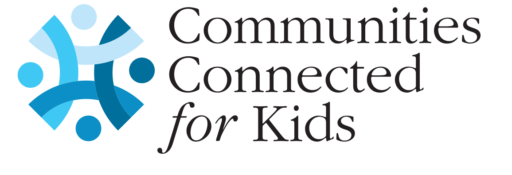AFCARS Updates - Documents & Training
The Administration for Children and Families published a final rule revising AFCARS which significantly expands the data elements Title IV-E agencies must report on. This enhancement advances our efforts to align the FSFN system with the policy and program changes defined to implement the AFCARS 2020 Final Rule. The first official report period for AFCARS 2020 will cover October 1, 2022 to March 31, 2023, making the first due date for data files no later than May 15, 2023.
Below is the link to the DCF mandatory webinar for an overview of the various updates in FSFN based on the recent AFCARS changes, and links to the documents that explain some of the specific new FSFN entries:
AFCARS FSFN UPDATES - Overview Webinar
Summary of FSFN Changes for AFCARS 10.1.22 (these are the slides from the webinar)
AFCARS FSFN Enhancements: Case Note and Marital Status
AFCARS: Service Type Income Entry
AFCARS Enhancement: BOE Universe Updates
As an FYI, some additional information:
The final rule makes several important changes to the AFCARS regulatio
ns:
- It incorporates new requirements – the AFCARS final rule will better support our current data needs to understand a child’s experience in out-of-home care, including more robust information on Indian children as defined in ICWA. Additionally, the final rule will incorporate significant changes to the Title IV-E program since the last AFCARS regulations were published in 1993, including changes to Title IV-E made by the Fostering Connections to Success and Increasing Adoptions Act of 2008 and Preventing Sex Trafficking and Strengthening Families Act legislation.
- It revises data structure – for the first time, Title IV-E agencies will report comprehensive (historical) information on children in out-of-home care. This data combined with the proposed point-in-time data will provide comprehensive information on a child’s entire experience in out-of-home care.
- It revises reporting populations –Title IV-E agencies will report data on children with finalized Title IV-E guardianship assistance agreements. Also Title IV-E agencies will report information on children with finalized Title IV-E adoption assistance agreements, rather than all children adopted with state involvement.
- It revises data elements – many of the data elements currently in AFCARS were kept and new data elements were added as well. The new data elements will allow us to obtain information about key provisions in Fostering Connections (e.g., educational well-being, timely health assessments, and transition plans), sex trafficking information, and certain actions states take for Indian children as defined by ICWA. The new elements also will allow us to better understand the characteristics of children in foster care and provide context for their outcomes.


